
Life is full of questions that can confuse your mind and shift what you think you know. Paradoxes sit at the heart of that tension as strange puzzles that feel both impossible and true at the same time. They spark wonder and a bit of confusion. Ready to explore the riddles that keep philosophers and scientists guessing? Let’s look into 20 such astonishing paradoxes.
Fermi Paradox
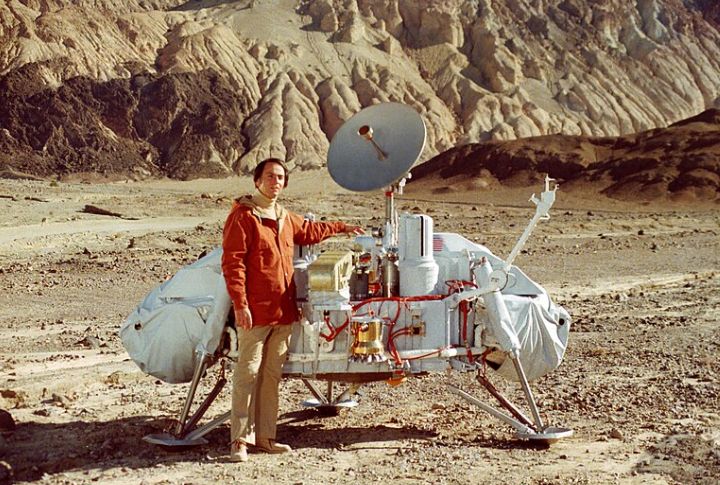
The universe seems packed with possibilities: billions of stars, countless planets, and plenty of life chances. But here’s the kicker—we’ve never detected a single alien civilization. This puzzle pits the hopeful math of the Drake Equation against the deafening silence of space.
Schrodinger’s Cat

What if a cat could be alive and dead at the same time? That’s the bizarre thought experiment Erwin Schrodinger introduced in 1935. By linking the animal’s fate to a single atom, he showed how strange quantum rules can be. Decades later, the “cat in the box” still fascinates science and storytelling alike.
Olbers’ Paradox
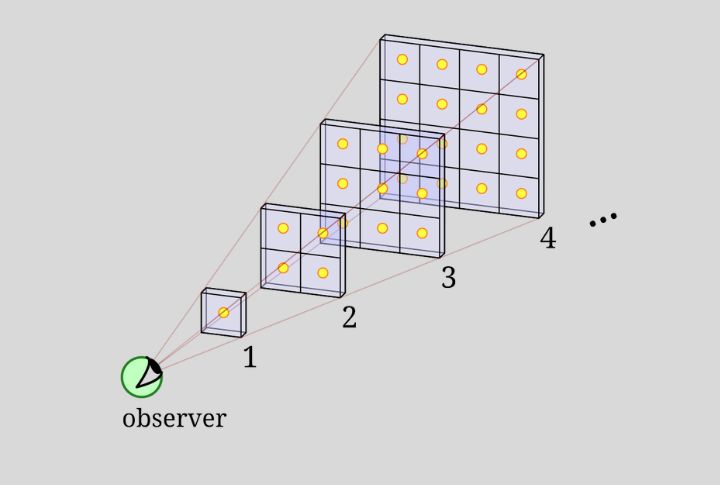
If the universe holds endless stars, why isn’t the night sky blazing with light? This puzzle behind Olbers’ Paradox, named in 1823, was debated even earlier. The answer lies in cosmic expansion. Distant stars’ light hasn’t reached us yet, a clue that later helped shape the Big Bang theory.
Twin Paradox
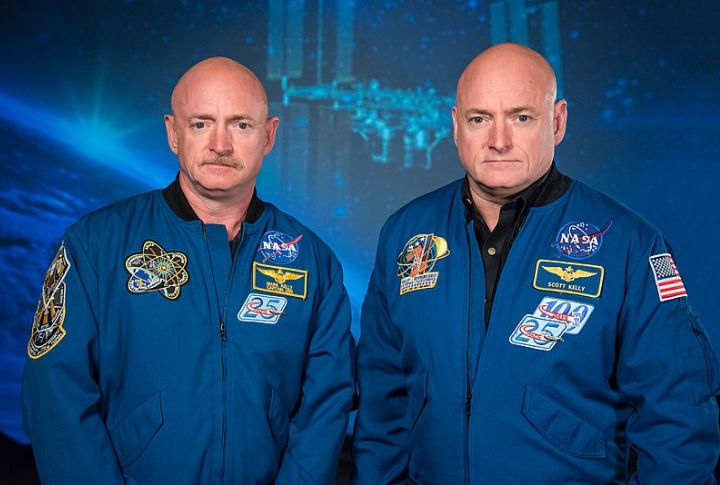
Einstein’s theory of relativity introduced the Twin Paradox, where near-light speed causes time to slow down for space travelers. Scientists later proved time dilation by testing atomic clocks on airplanes. Beyond that, this concept appears throughout science fiction stories, while also helping explain the potential effects of space exploration.
Bootstrap Paradox
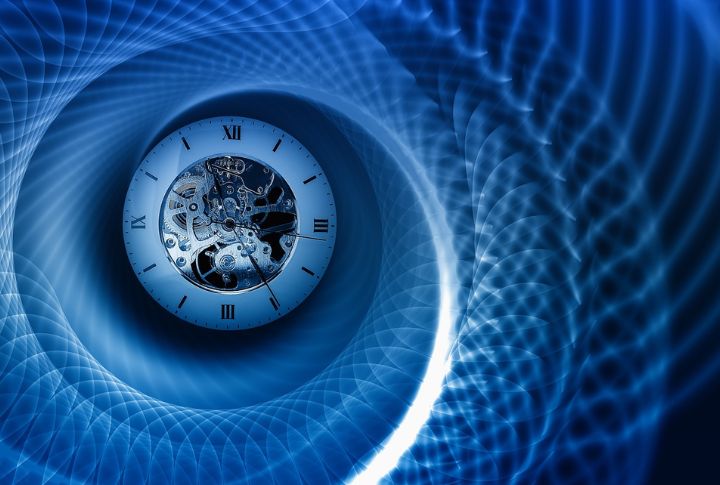
The Bootstrap Paradox flips causality on its head. An object travels back in time, only to become the very thing that caused its existence in the first place. It’s a loop with no origin, a favorite theme in science fiction, and a riddle that leaves you questioning how time really works.
Black Hole Information Paradox
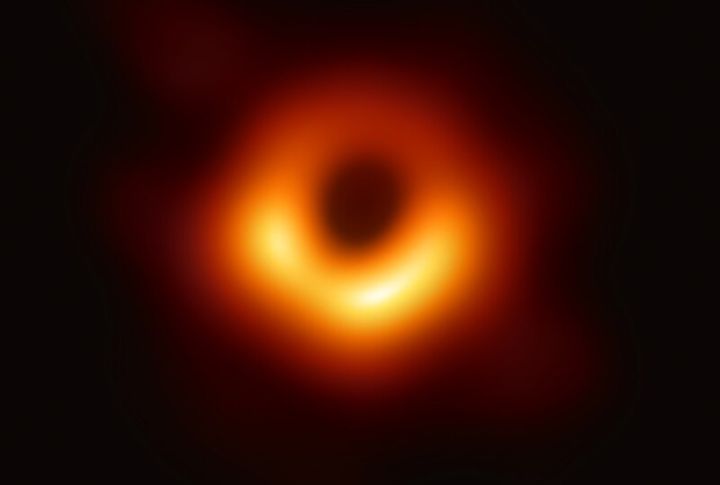
This one presents a fascinating contradiction in physics. The apparent destruction of information falling into them violates quantum mechanics principles. However, Hawking’s radiation findings added another layer of complexity. Apart from that, scientists propose holographic preservation on black hole surfaces while debating quantum gravity implications.
Paradox Of The Arrow (Zeno’s Paradox)

Zeno of Elea loved crafting puzzles, and his Arrow Paradox is a classic. He argued that a flying arrow is motionless at every moment of its journey. Strange, right? This riddle about motion forced philosophers and mathematicians to rethink reality and eventually nudged math toward calculus.
Gibbs Paradox
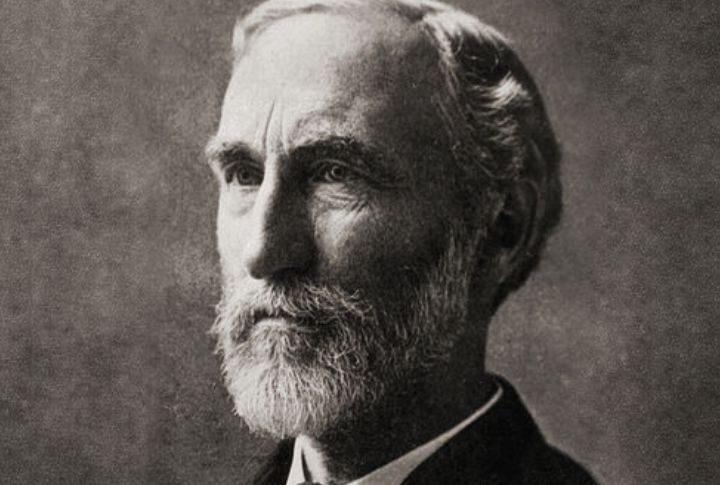
In studying gases, physicists noticed something unsettling: identical gases mixing appeared to defy the laws of entropy. That puzzle became known as the Gibbs Paradox, after Josiah Willard Gibbs. The mystery lingered until quantum mechanics revealed the answer that identical particles can’t be distinguished, solving the riddle of entropy.
Friendship Paradox
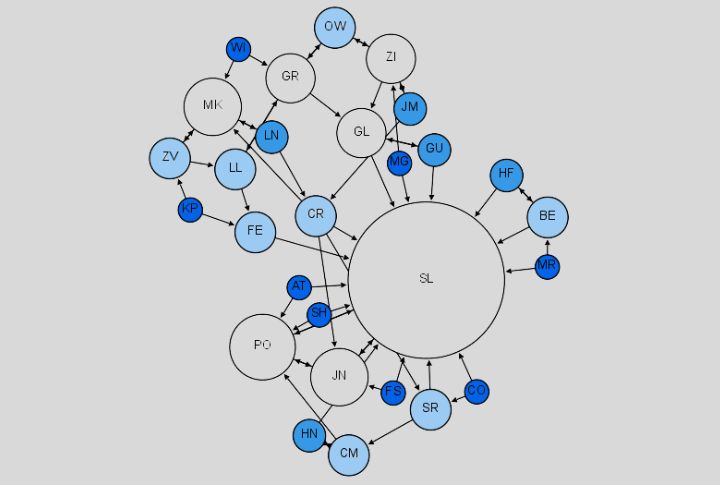
Think you’re the least popular in your group? Statistically, you might be right. The Friendship Paradox says most people’s friends have more friends than they do. It’s a simple numbers game, but one with surprising implications—from how we compare ourselves socially to how ideas and illnesses spread.
Quantum Zeno Paradox

Continuous measurement of quantum systems can halt their natural evolution, a strange effect that connects to Zeno’s classical paradoxes. This phenomenon caught Aristotle’s attention in ancient times, but received renewed focus when Tanzanian student Erasto Mpemba documented it in 1963.
Banach–Tarski Paradox
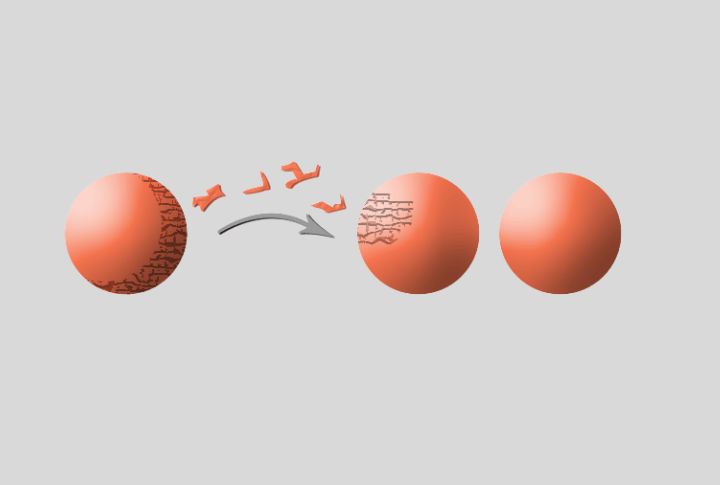
One of math’s strangest results is the Banach–Tarski Paradox, nicknamed “the pea and the sun.” Proposed in 1924, it shows that a solid sphere can, in theory, be split into pieces and reassembled into two identical spheres. The result challenges common sense, though it relies on abstract set theory.
Baryon Asymmetry Paradox
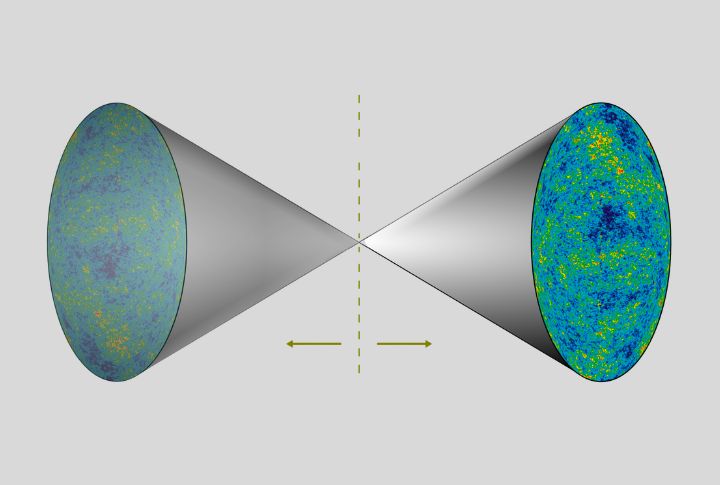
The matter–antimatter asymmetry paradox refers to the observed dominance of matter over antimatter. Although theory predicts equal amounts, antimatter is scarce. The Large Hadron Collider investigates this imbalance, which was partially addressed by Andrei Sakharov’s 1967 conditions. A full explanation, however, remains unresolved.
GZK Paradox
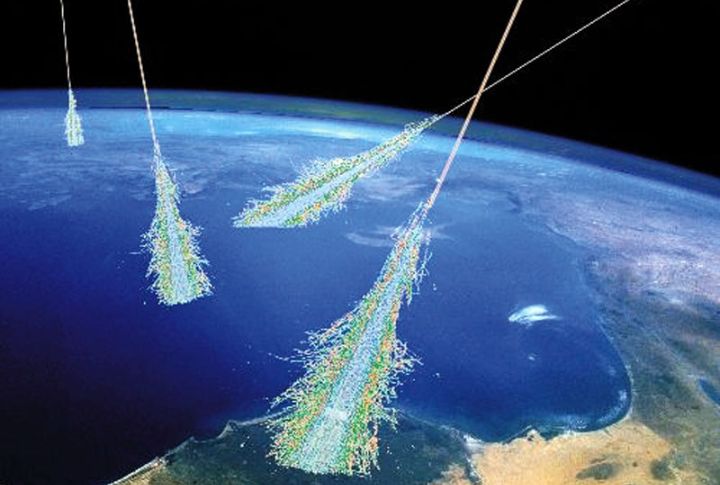
In 1966, scientists predicted cosmic rays shouldn’t surpass a certain energy limit, known as the Greisen–Zatsepin–Kuzmin threshold. Yet detectors in the 1990s spotted particles that broke the rules. Dubbed the GZK Paradox, this puzzle still challenges physicists, who search for explanations in nearby galaxies and beyond.
Grandfather Paradox
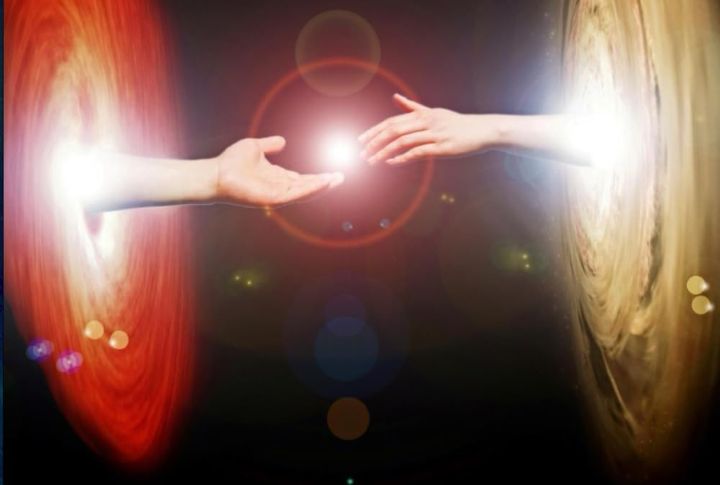
Time travel sounds fun until you hit the Grandfather Paradox. Imagine going back and accidentally undoing your own existence. No you, no time machine, no trip. It’s the classic “catch-22” of temporal logic, which explains why it’s a favorite in movies, books, and late-night what-if conversations.
Paradox Of Free Will Vs. Physics

This one plays tug-of-war between choice and law. Neuroscience reveals our brains kick-start decisions before we’re aware of them. Quantum mechanics sprinkles in randomness, but that doesn’t equal freedom. Across centuries, philosophers have kept this puzzle alive, blending science with age-old curiosity.
Ship Of Theseus (Identity Paradox)
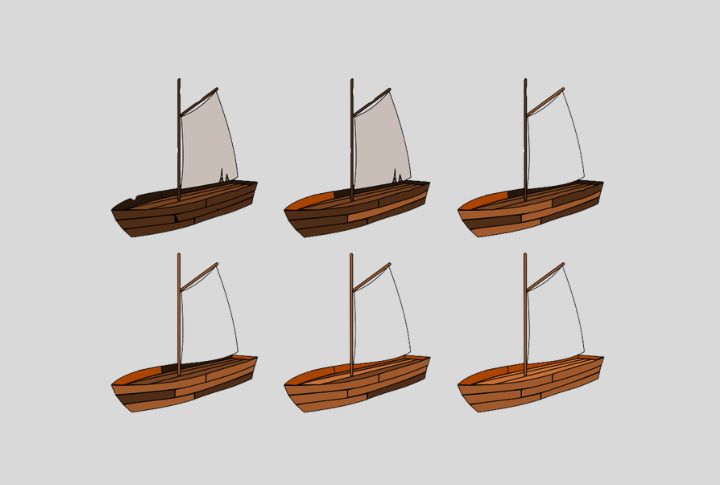
The ancient Ship of Theseus Paradox challenges our understanding of identity by asking if an object stays the same when its parts are replaced. This classic philosophical problem appears in modern TV shows and movies, while also sparking deeper discussions about personal identity and consciousness.
Boltzmann Brain Paradox
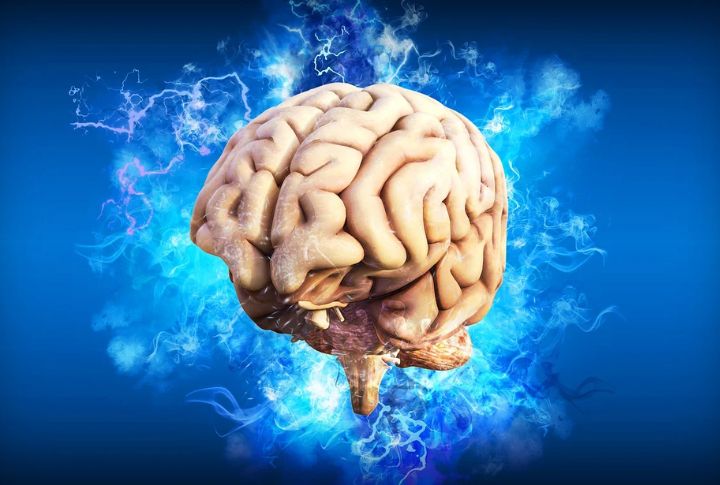
Imagine a universe where random fluctuations create a single, self-aware brain floating in space. Strangely, the odds of that happening may be higher than the odds of our vast cosmos existing as it does. The thought unsettles researchers, which raises deep questions about reality and consciousness.
Information Vs. Entropy Paradox
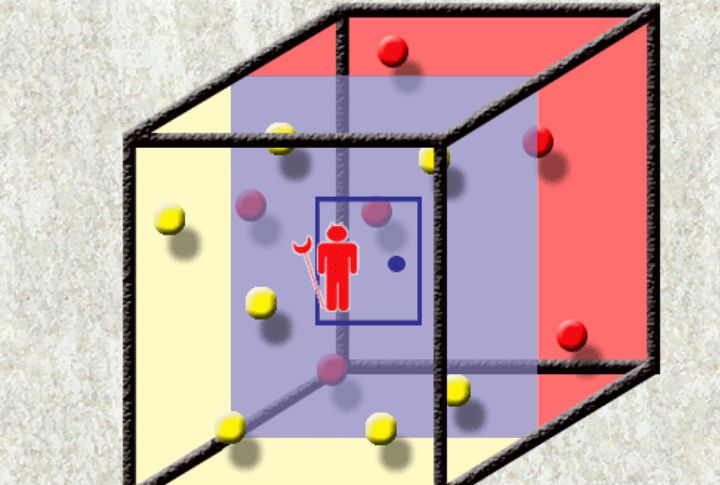
A 19th-century thought experiment imagined a tiny being that could sort gas molecules, and made one side hot and the other cold—without lifting a finger. This trick looked like it broke thermodynamics, but instead it revealed how information itself has a role in the physics of order and disorder.
Thermodynamic Paradox
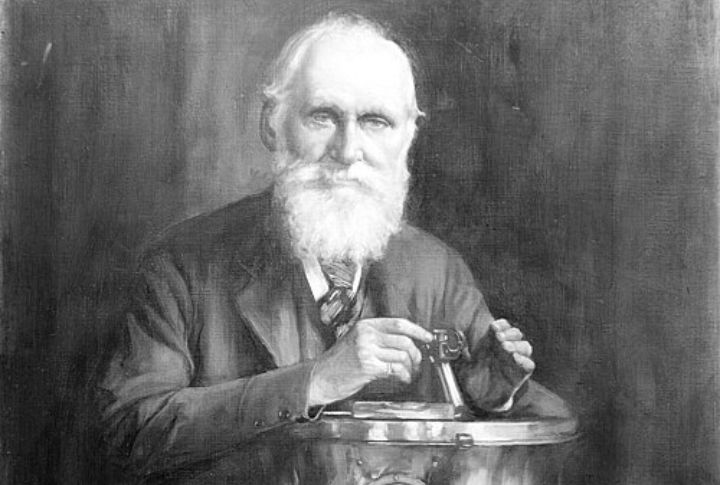
Entropy says the universe should slide toward disorder, but Lord Kelvin realized in 1862 that we’re not there yet. The cosmos remains structured and puzzlingly well-ordered. Even with contributions from Helmholtz, Rankine, and Boltzmann, the mystery of our improbably tidy beginnings endures.
Cosmic Censorship Hypothesis
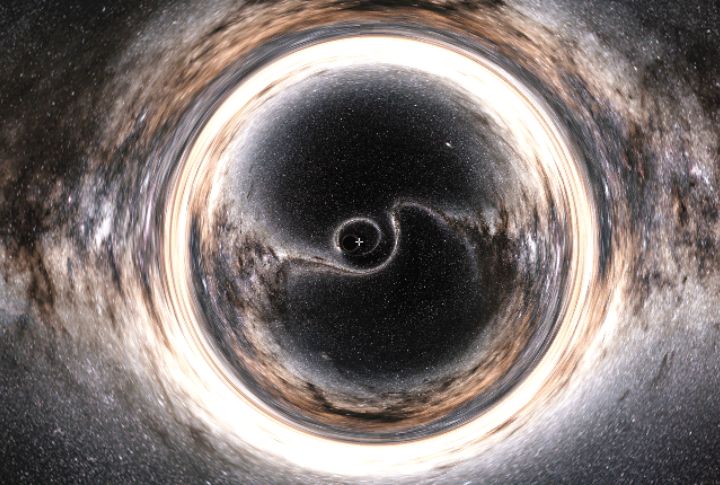
Physicist Roger Penrose introduced a fascinating theory in 1969 about spacetime singularities. While his hypothesis suggests these extreme points stay hidden in black holes, certain solutions to Einstein’s equations indicate otherwise. Meanwhile, this concept continues to shape our understanding of predictability in general relativity.

